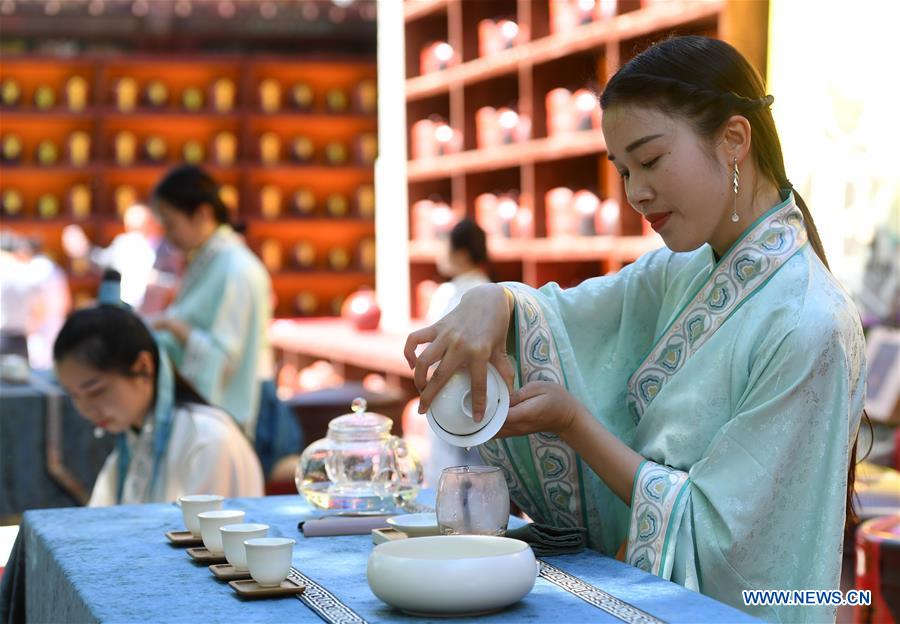Chinese tea culture traced back to 400 B.C.
 0 Comment(s)
0 Comment(s) Print
Print E-mail Xinhua, December 2, 2021
E-mail Xinhua, December 2, 2021

An archaeological team from Shandong University, in east China's Shandong Province, has found the earliest known tea remains in the world, dating back about 2,400 years.
The discovery traced physical evidence of the origin of China's tea culture back to the early stage of the Warring States Period (475-221 B.C.), namely from 453 B.C. to 410 B.C. It extends the age of the beverage, as suggested by previous studies, by more than 300 years.
The tea samples, which have proved to be the residues of brewed tea, were excavated from ancient tombs in Zoucheng, Shandong Province.
From August to December 2018, the team, led by professor Wang Qing from Shandong University, conducted archaeological excavations in the ruins of an ancient city, which was built in the Spring and Autumn period (770-476 B.C.) and the subsequent Warring States period.
According to the researchers, the stem-and-leaf-like carbonized residues found in an inverted porcelain bowl were later proven highly likely to be ancient tea.
Subsequent data showed that the caffeine and theanine contents in the residues were low or even absent. Since these two substances are easily soluble in water, the researchers concluded that the unearthed tea samples were the dregs left by the ancients after boiling.
The findings were published in the Chinese-language Journal of Archaeology and Cultural Relics.






Go to Forum >>0 Comment(s)